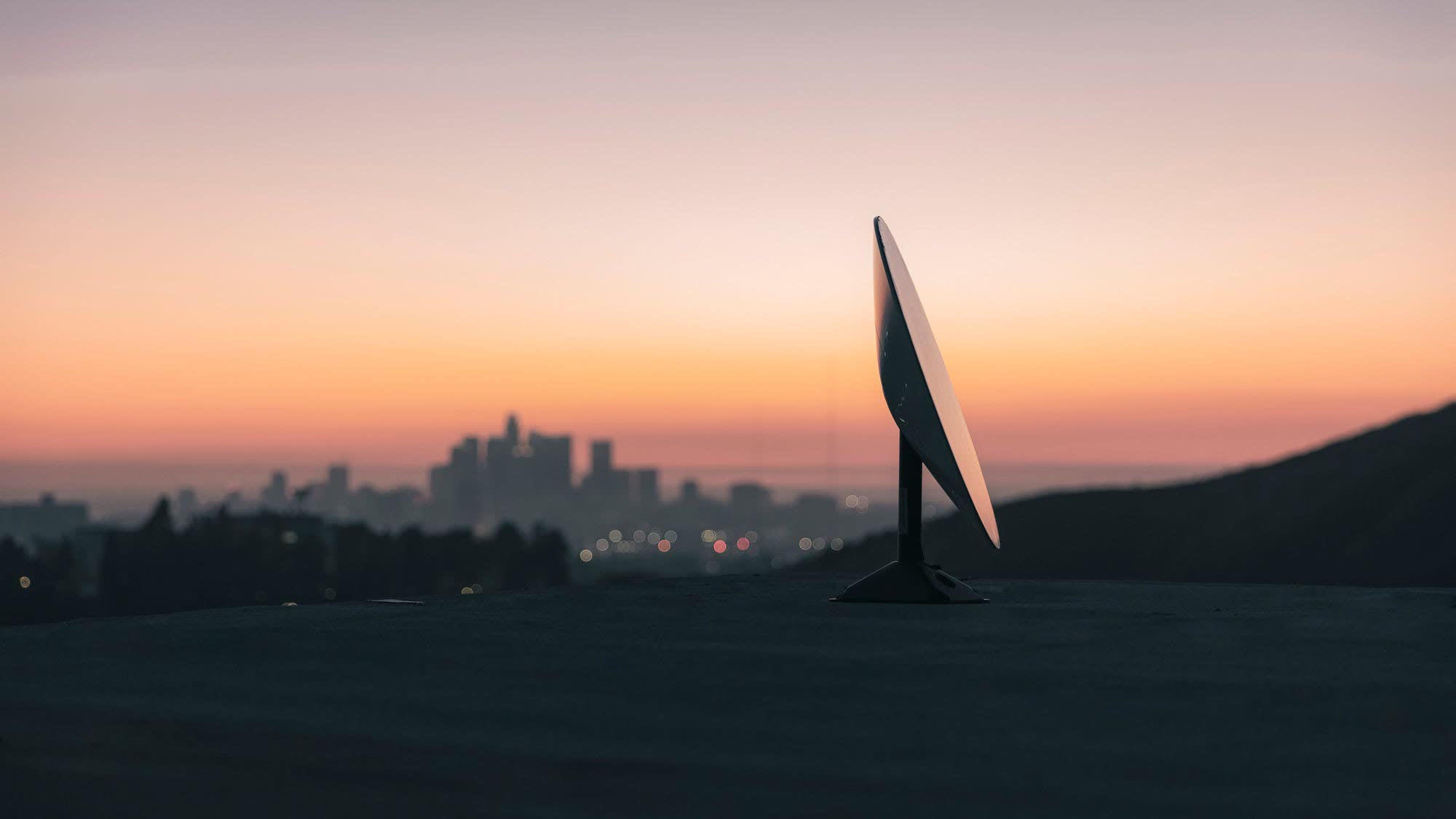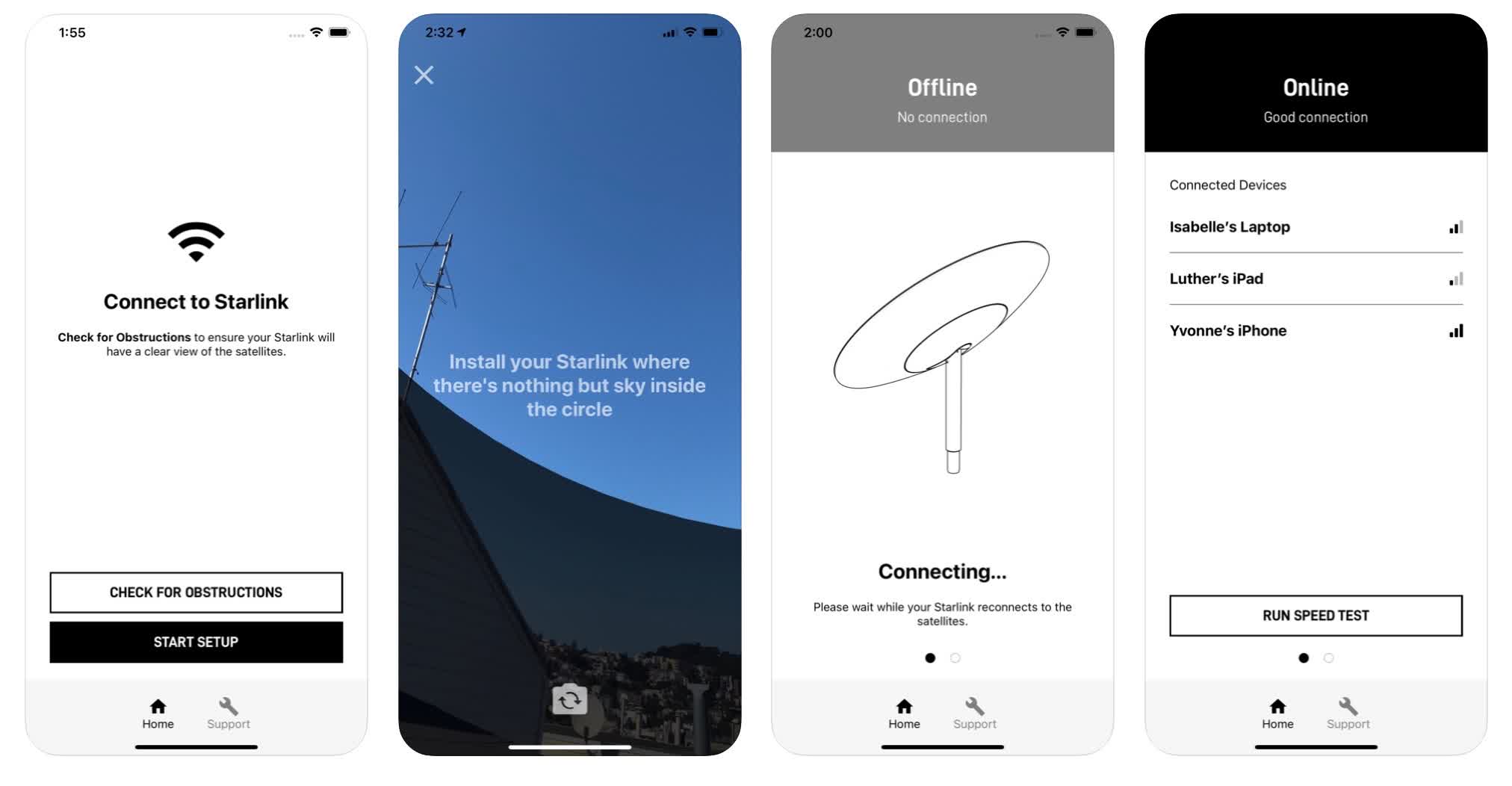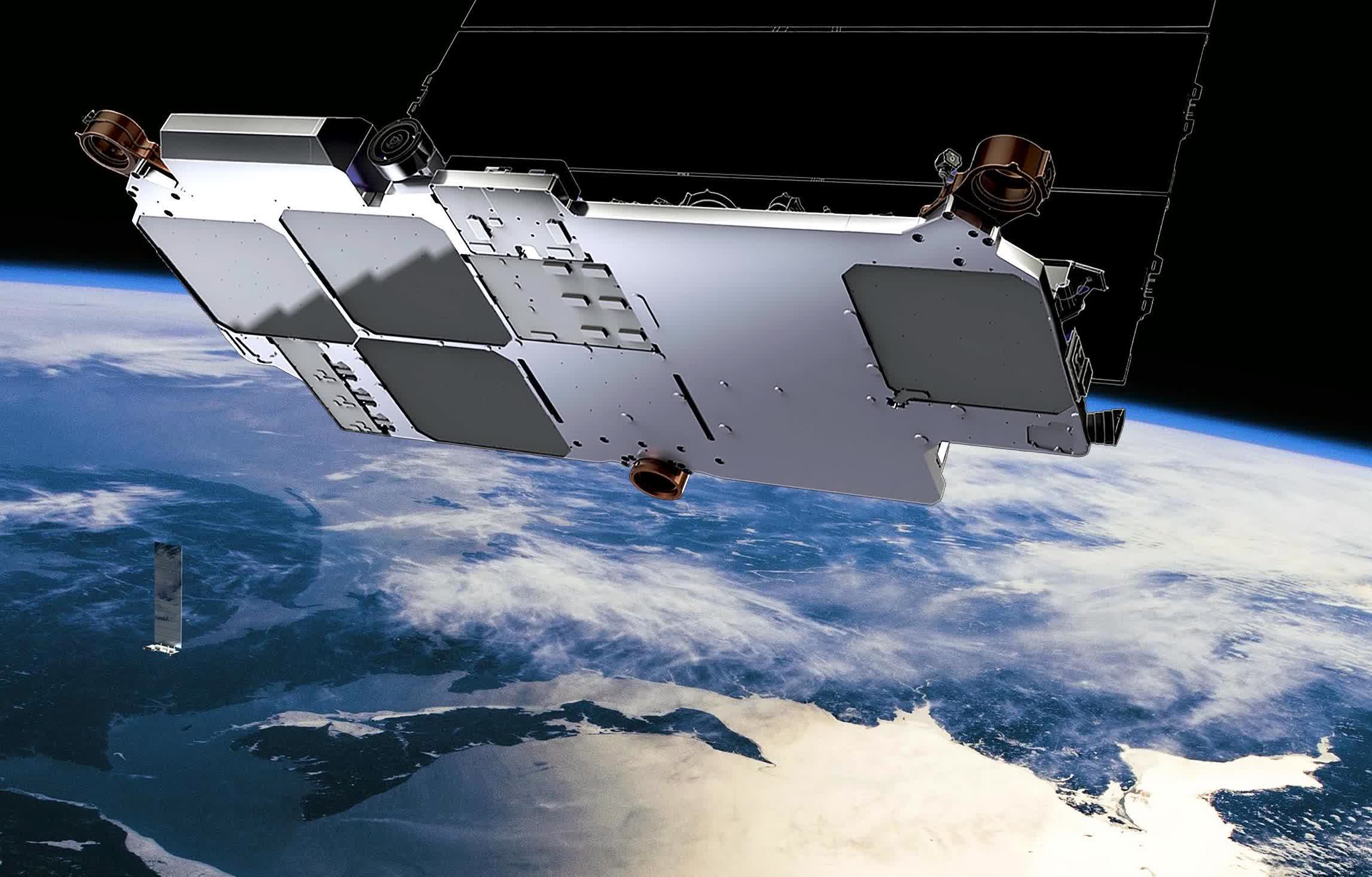Something to look forward to: SpaceX says over 700,000 people have expressed interest in its nascent satellite internet services so far. The company has started a public beta test with select users in the US, and expects to rapidly expand to nearly all regions of the world in 2021. If it succeeds, this could become a $1 trillion market as it targets people that are difficult to serve for traditional internet service providers.
Earlier this month, SpaceX announced it had successfully launched an additional 60 satellites, bringing the Starlink constellation total to over 700. The company thinks that's enough to conduct a public beta test of its program to deliver sub-20 ms latency broadband to rural areas around the world.
Last night, the company reached out via email to several people in the US and Canada who expressed their interest in signing up for the service. Over the summer, SpaceX conducted a private beta test of Starlink, and the results of it made it to Reddit where 11 anonymized speed tests performed using Ookla's speedtest.net tool revealed download speeds ranging from 11 Mbps to 60 Mbps and upload speeds ranging from 5 Mbps to 18 Mbps. The best latency achieved was 31 milliseconds when testing against Frontier servers in Los Angeles, California.

The public beta of Starlink – dubbed – "Better Than Nothing Beta," will require users to purchase the necessary equipment (user terminal, mounting tripod, and router) for $499 and then pay $99 per month to get active service. Estimated speeds range from 50 Mbps to 150 Mbps, while the typical latency should be around 20 to 40 milliseconds.
The naming is no joke, as SpaceX doesn't expect this service to be useful to people who already have fast cable or fiber broadband at home, which can be much faster and relatively inexpensive. The company says beta testers should also expect to experience brief periods of no connectivity, which is also not ideal. That said, there's no mention of data caps, which has become a major issue for people who are working from home.

Starlink's public beta is accompanied by the release of a mobile app for iOS and Android which guides users through the installation process using augmented reality. This means it's not as straightforward as Elon Musk promised when he said the Starlink kit is a "plug in socket...point at sky" procedure.
SpaceX has high ambitions with Starlink, as it plans to build a massive constellation of almost 12,000 satellites that will dwell in low Earth orbit, beaming down broadband service to people around the world where normal service is slow, unreliable and expensive. To that end, it will also have to build a large number of ground stations and make user terminals more affordable. If it succeeds, the company will open up a market estimated at $1 trillion.
For those of you wondering when you might get a chance to test the new service, SpaceX plans a rapid expansion in the coming months, targeting 2021 for general availability.
